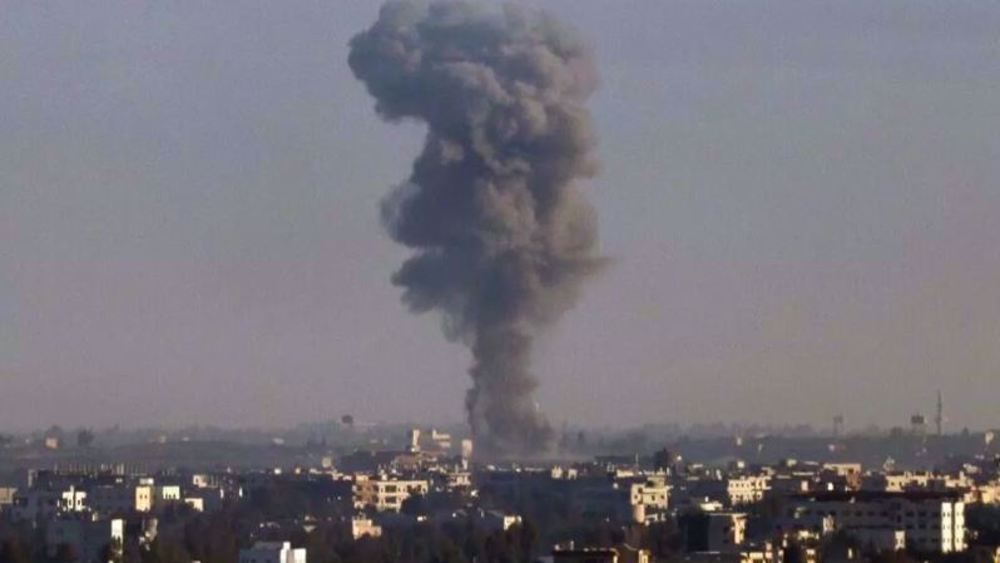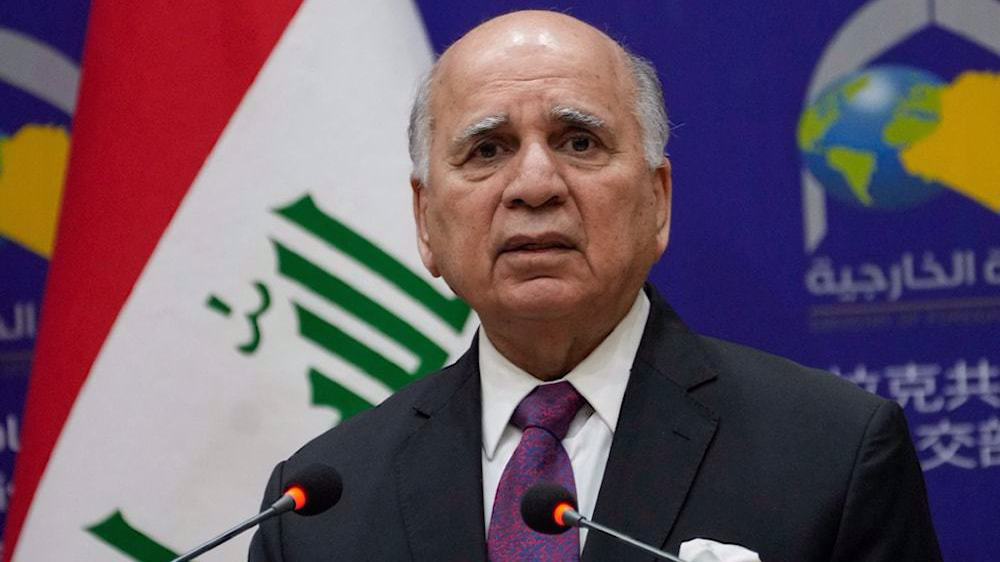Syria army vows to liberate Raqqah, Dayr al-Zawr from Daesh
After liberating the ancient city of Palmyra, the Syrian army has vowed to press ahead with counter-terror military operations and drive Daesh terrorists out of their major strongholds, particularly Raqqah Province.
In a statement read out on state TV on Sunday, the General Command of the Syrian Army and Armed Forces hailed the victory against Daesh in Palmyra as the beginning of the terror group’s collapse in the entire Arab state.
It added that Syrian armed forces, backed by popular defense groups and Russian air cover, managed to restore “security and stability” to the UNESCO-listed city following a series of “precise and effective” operations.
With Palmyra under control, Syrian soldiers are determined to step up their anti-Daesh offensives on various fronts “on top being Dayr al-Zawr and Raqqah,” two provinces in Syria’s east and north, respectively, the statement said.
The Syrian army also vowed “to tighten the noose on the terrorist group and cut supply routes ... ahead of their complete recapture.”
Palmyra’s liberation dealt “a severe mortal blow” to Daesh Takfiris, said the General Command, emphasizing that this achievement proves “our brave army, aided by the friends, is the only effective force capable of fighting terrorism and eradicating it.”
Earlier in the day, Syrian forces retook full control of Palymra after some four weeks of fierce fighting with Daesh terrorists near the city, located in the western province of Homs.
The ruins of Palmyra and the adjoining modern city had fallen to Daesh last May. Soon after seizing the area, the terrorists went on a rampage and destroyed ancient monuments there, including the 2,000-year-old Temple of Bel and the iconic Arch of Triumph.
The extremist militants also killed Khaled al-Asaad, who looked after ancient ruins of Palmyra for 40 years.
The terrorists were using the historic city as a road to the mostly Daesh-held province of Dayr al-Zawr in Syria’s east.
Earlier in the day, the Russian Defense Ministry also said in a statement that Moscow’s fighter jets supported the Syrian army in the liberation operation, hitting 150 Daesh targets near Palmyra over the past day.
The ministry further said more than 100 militants were killed, while four tanks and three artillery positions were destroyed in the airstrikes.
The so-called Syrian Observatory for Human Rights has said a total of 400 Daesh terrorists have been killed in Syria’s weeks-long battle to retake Palmyra, also known as the Peal of Desert.
The London-based monitoring group also described Palmyra's liberation as one of Daesh’s biggest defeats since it took control of swathes of land in Syria and neighboring Iraq some two years ago.
Meanwhile, Maamoun Abdulkarim, head of Syria’s antiquities and museums department, has expressed readiness to assess the Roman-era monuments begin reconstruction “as soon as we are given the green light from the Syrian army.”
“We will present our studies to UNESCO so that Palmyra can once again be a world heritage site,” said Abdulkarim. “Palmyra is not just for Syrians, it is for the world.”
He further said “work may simply end in 2016. We have huge capabilities and expertise in the general directorate of antiquities and museums. We have already executed tens of restoration works in Palmyra. We have the experience to accomplish this.”
Abdulkarim also said many ancient landmarks were still standing and vowed to rebuild the damaged ancient sites in Palmyra, which is home to some of the most extensive ruins of the Roman Empire.
Hamas thanks Iran, Resistance Front following achievement of ceasefire in Gaza
'Capitulation': Israeli officials and media concede Gaza defeat as truce unfolds
'Gaza has won': Social media users react to ceasefire with mix of relief, joy
Iran seeks South Korea’s assistance for AI, fiber-optic projects
VIDEO | Iran's 'Eqtedar' (Power) maneuver
Israel hits HTS military target in Syria for 1st time since fall of Assad
VIDEO | Press TV's news headlines
Israel has slaughtered 13,000 students in Gaza, West Bank









 This makes it easy to access the Press TV website
This makes it easy to access the Press TV website